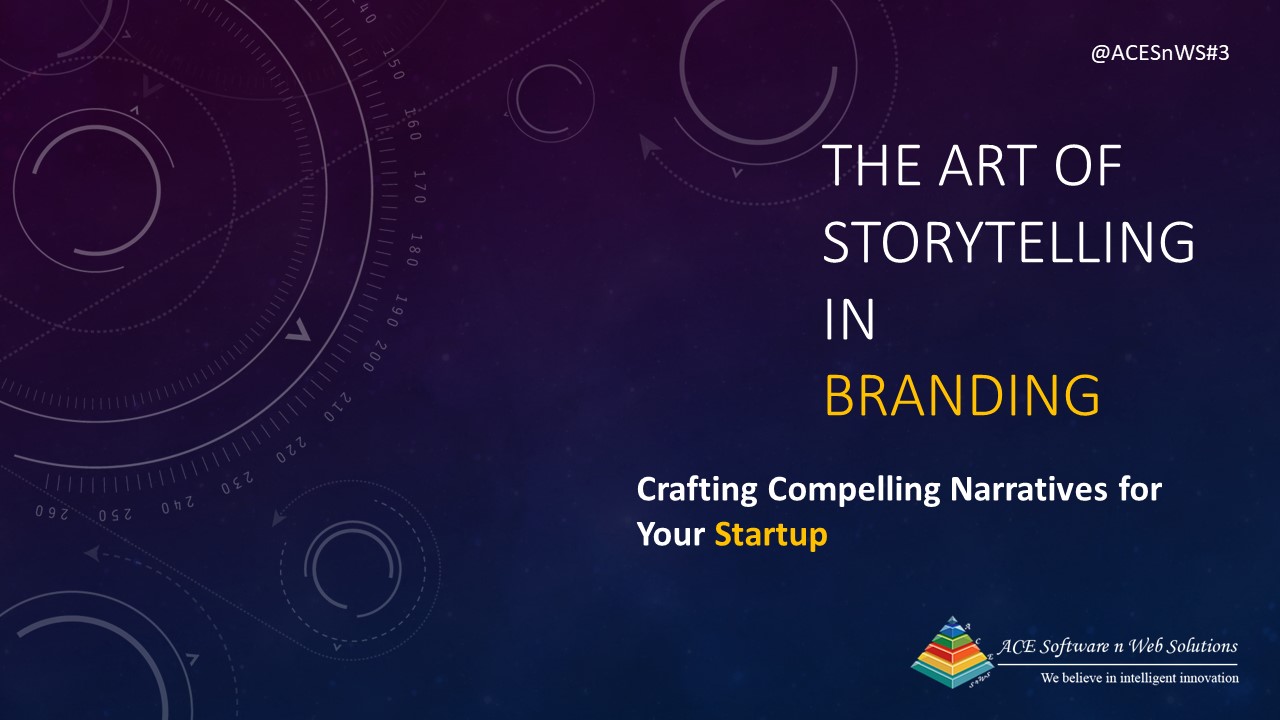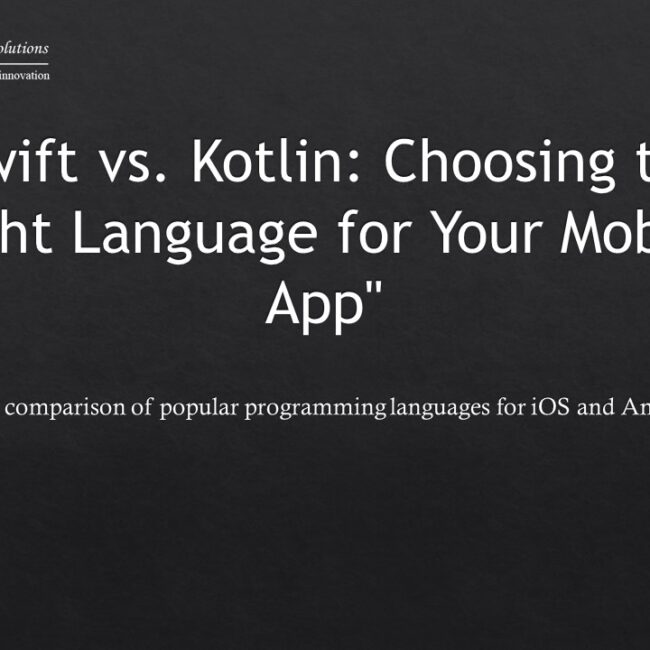
An Art of Storytelling in Branding: Narrative for Your Startup
The Art of Storytelling in Branding – Crafting Compelling Narratives for Your Startup. The World has become a competitive landscape of startups in these years, in the race of these startups the only businesses that survive are those that make a place in the hearts and minds of their audience. The ability to tell a compelling story is a powerful tool for brand building. The art of storytelling creates an emotional connection that resonates with customers, creates connections, and builds a narrative that goes beyond products or services. As the owner of your startup, mastering the art of storytelling is not just a creative endeavour but a strategic imperative. In this blog, we will explore the psychology behind effective storytelling in branding, drawing inspiration from businesses that have successfully woven narratives into the fabric of their success.
Why Storytelling Matters in Branding – because it has the power to transform a brand from being just another product or service into a compelling and relatable entity
- Emotional Connection – Humanizing the Brand:
- Stories provide a human touch to your brand, allowing customers to connect emotionally
- This connection goes beyond the features of a product or service, creating a bond between the brand and its audience
- People are more likely to remember a story than a list of facts or features as the narrative structure makes information more memorable, helping your brand stay in the minds of consumers
- Building Identity – Defining Who You Are:
- Stories help define a brand’s identity by showcasing its values, mission, and vision. This differentiation is essential in a market crowded with similar products or services
- Well-crafted stories foster authenticity, which is crucial for building trust as consumers are more likely to trust a brand that shares its journey, challenges, and successes openly
- Creating Brand Loyalty – Building Relationships:
- When a brand tells a story, it often includes elements that the audience can relate to, whether it’s overcoming challenges or celebrating successes and this relatability builds a sense of community
- Brands that tell compelling stories build long-term relationships with their customers and when consumers feel connected to a brand’s narrative, they are more likely to remain loyal and advocate for the brand
- Differentiation from Competitors – Call to Action:
- A compelling story sets a brand apart from its competitors and provides a unique selling proposition that goes beyond features and prices, helping the brand stand out in a competitive market
- Such stories have the power to inspire action whether it’s making a purchase, sharing the brand with others or engaging with the brand on social media, a well-told story can motivate consumers to take the next step
The Psychology of Storytelling in Business – it delves into the intricate ways narratives impact human cognition, emotions, and decision-making and recognizes that storytelling is not merely a communication tool but a powerful psychological mechanism that influences how individuals perceive, remember, and engage with information. Let’s understand the Psychology of Storytelling with some examples,
- Tapping into Emotions – Nike’s “Just Do It” Campaign
- Emotion: Inspiration and empowerment
- Psychological Impact: By associating their brand with stories of athletes overcoming challenges, Nike creates an emotional connection with the audience, inspiring them to push their limits
- Creating Relatable Characters – Apple’s “Get a Mac” Campaign
- Character: “Mac” and “PC” personas
- Psychological Impact: Apple personified its products, making them relatable and likeable characters. This resonated with consumers, making the brand more approachable
- Building a Visual Impact – Coca-Cola’s “Share a Coke” Campaign
- Visual Story: Personalized Coke bottles with names
- Psychological Impact: By personalizing products, Coca-Cola creates a narrative that revolves around sharing moments, turning a simple beverage into a medium for connection
- Know Your Audience – Airbnb’s “Empathy” Campaign
- Audience Connection: Emphasizes the idea of “belonging anywhere”
- Psychological Impact: Understanding the audience’s needs and aspirations, Airbnb’s narrative taps into the universal desire for connection, making it a part of their brand identity
- Feedback and Adapt – Amazon’s “A to Z” Campaign
- Adaptability: Started as an online bookstore, evolved into a global marketplace
- Psychological Impact: Amazon’s narrative of innovation and adaptability aligns with a constantly changing market, earning trust and loyalty
In the digital age, the art of storytelling is a formidable tool for brand building. It creates an experience and transforms a brand into a dynamic entity with a rich history, values, and a vision for the future. By understanding the psychology behind effective narratives that are authentic, relatable, and aligned with your brand values, your startup can create a compelling story that resonates with your audience’s impression and build a community around your startup. Remember, it’s not just about selling a product; it’s about sharing a journey, building connections, and leaving a lasting legacy in the hearts of your audience. So, embark on your storytelling journey and let your startup’s narrative unfold with impact and authenticity.


